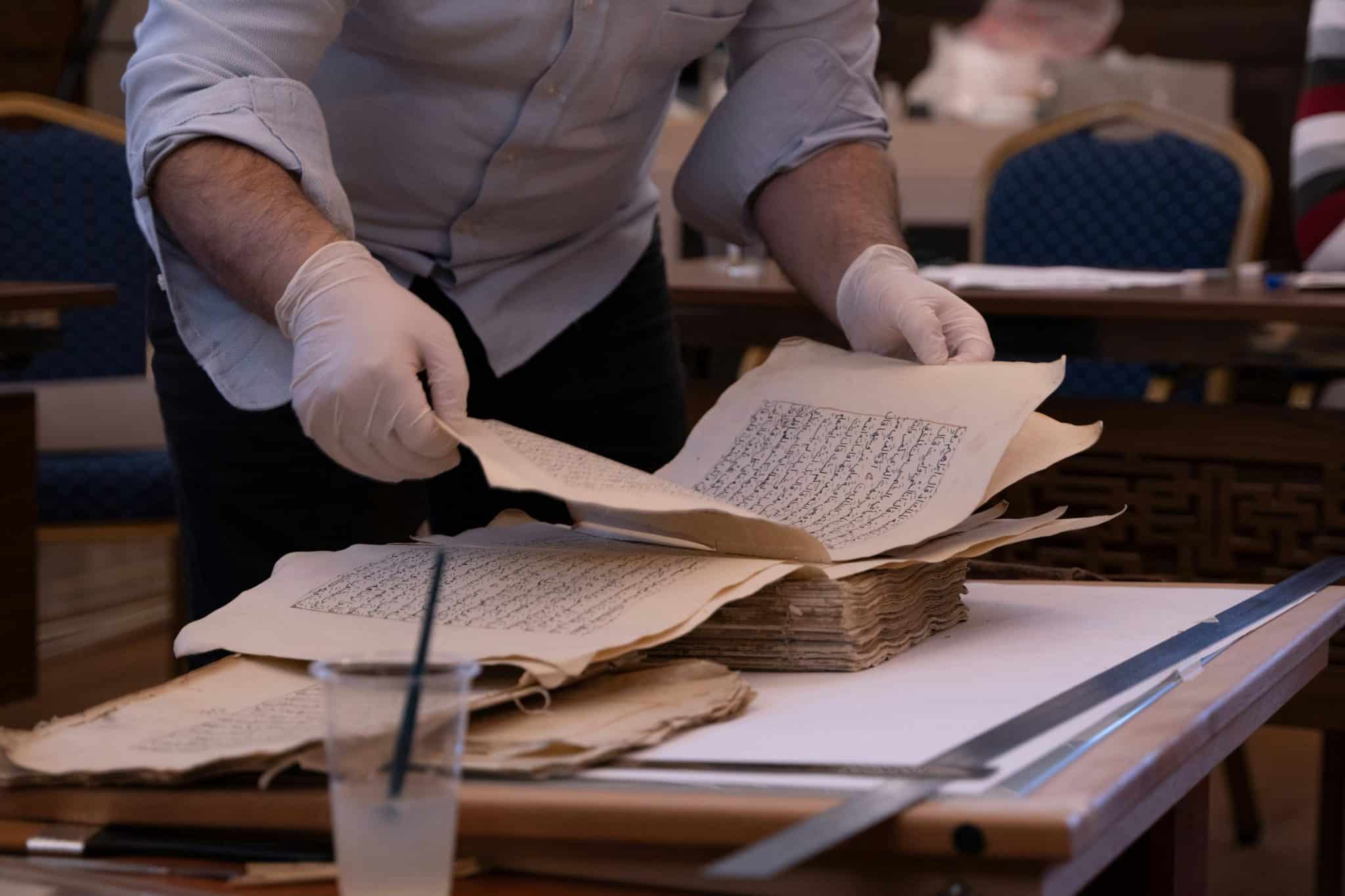Ahmed El Shamsy
Professor, University of ChicagoAhmed El Shamsy studies the intellectual history of Islam, focusing on the evolution of the classical Islamic disciplines and scholarly culture within their broader historical context. His research addresses themes such as orality and literacy, the history of the book, and the theory and practice of Islamic law.
Read more





